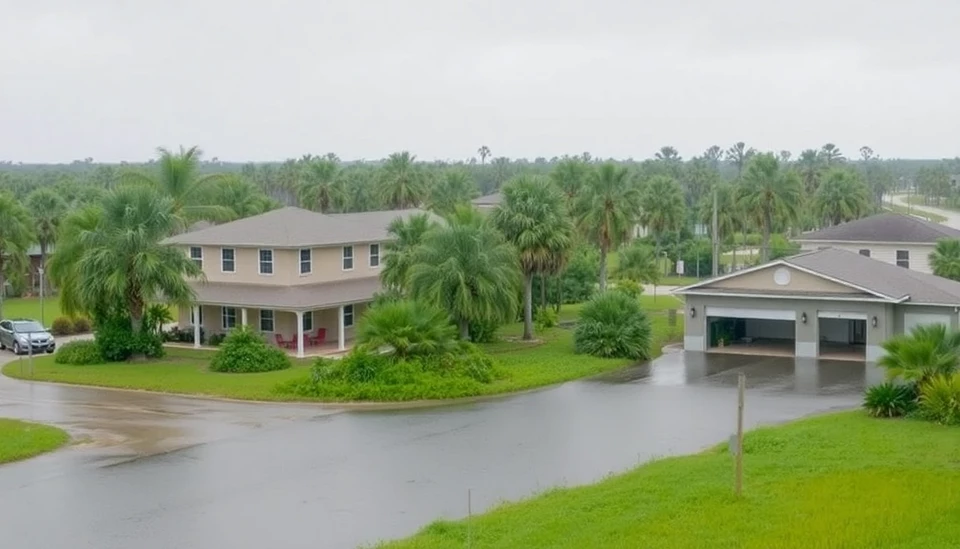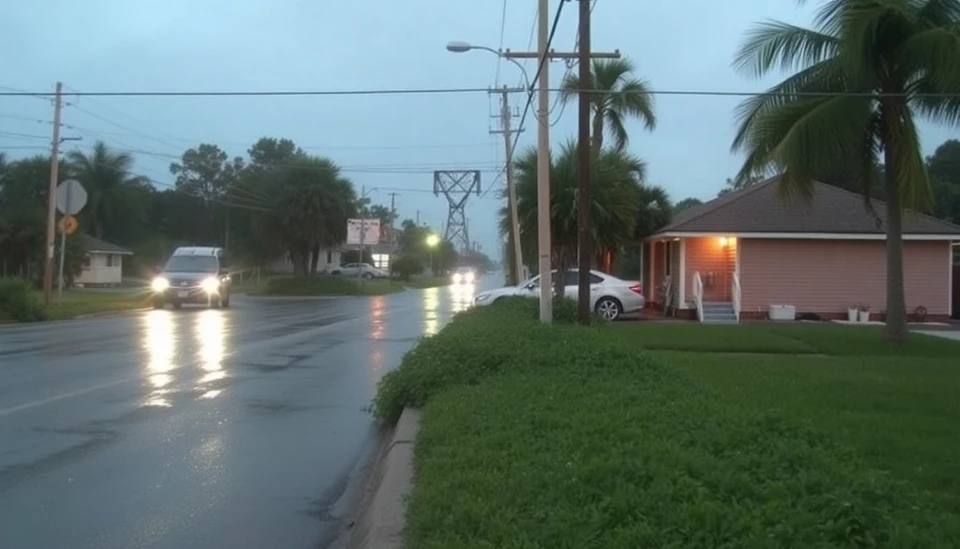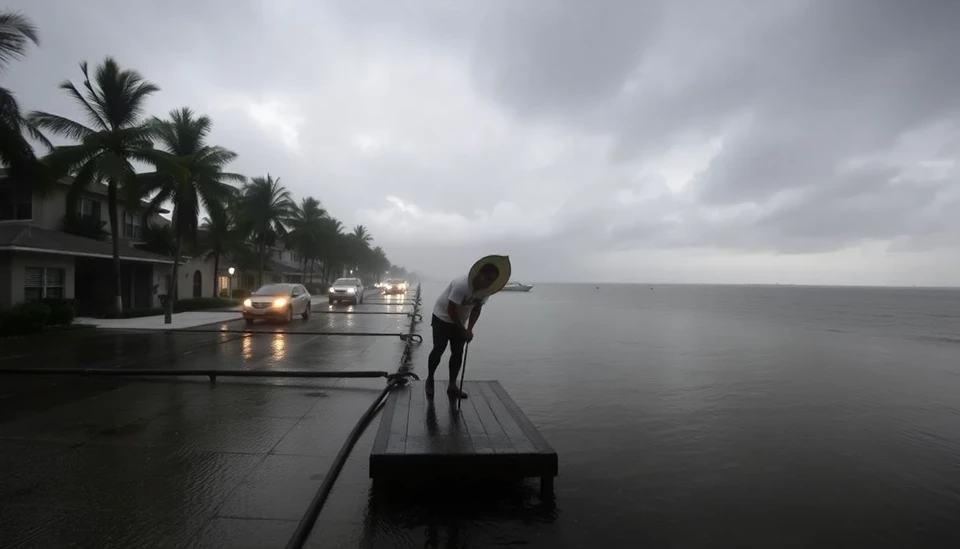
In a striking turn of events, Hurricane Helene, which recently made landfall, has been classified as a once-in-a-millennium rainstorm. This unprecedented weather phenomenon has left a significant mark on the regions it impacted, raising questions about climate patterns and extreme weather events. Experts are now delving into the implications of this classification and what it means for future storms.
Scientists indicate that typical storms with such intensity are expected to occur only once every thousand years in any given location. Helene has challenged that status quo, causing record rainfall and flooding in numerous areas. The tropical storm, which was initially categorized as a hurricane, struck coastal regions, leading to unprecedented accumulations of rain that overwhelmed local infrastructures.
The rain totals were staggering. Various locations experienced rainfall exceeding 20 inches within a mere span of 48 hours, leaving behind a trail of destruction. Homes have been inundated, roads washed away, and emergency services were stretched thin as they worked tirelessly to assist residents and mitigate the flooding effects.
In the aftermath, climate experts warn that Hurricane Helene and its implications should serve as a wake-up call. The frequency and intensity of such catastrophic weather-related events are becoming the new norm, proving that previous weather models may require revision. Meteorologists have begun to suggest that climate change may be contributing to the increase in both the quantity and severity of storms such as Helene.
Furthermore, the scientific community is focusing on the factors that led to Helene's unusual intensity. The unusual warm waters and atmospheric conditions may have played crucial roles in the hurricane's development, prompting researchers to investigate the long-term effects of climate change on hurricane patterns and the potential for other "1 in 1,000-year" storms in the near future.
As recovery efforts continue, state and federal officials are mobilizing assets to assist affected areas. President's administration has pledged federal resources to those overwhelmed by Helene's relentless downpours. Local governments are also initiating assessments to evaluate the storm's impacts and begin the recovery process.
In conclusion, Hurricane Helene is not just another storm; it represents a shift in how we should understand and prepare for rainfall events in a changing climate. The implications of this devastating event are profound and may alter our approach to disaster management and environmental forecasting in the years to come.
As communities start to rebuild, the lessons learned from Hurricane Helene will hopefully contribute to better preparedness for future storms, which may unfortunately become more common.
#HurricaneHelene #Rainstorm #ClimateChange #Flooding #EmergencyResponse
Author: Sophie Bennett




